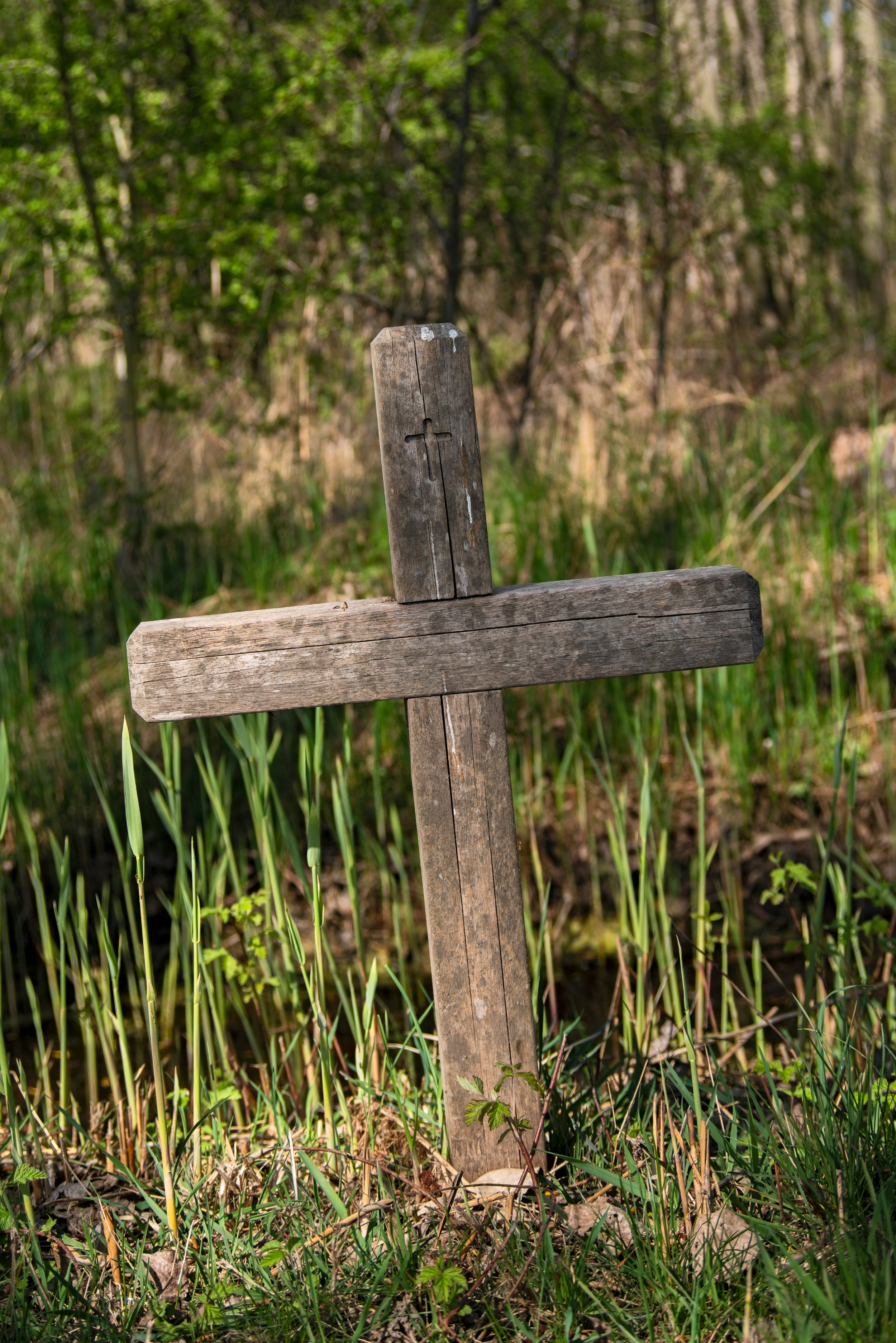Mate Wahine
My Nana, Tarati,
was buried on the third day,
the tradition in tangihanga.
I stood in my burgundy lace dress
at the foot of her grave
maemae e roimata
The freezing rain pelted our numb faces,
the graveside dirt formed rivers of mud
circled wailing mourners.
I saw blood run into the mud
my blood, my mate wahine, my period,
began for the first time at Nana’s grave.
In my urupā, at my marae.
Aroha whero
the life giving blood of a woman
is sacred to Māori.
Hinenuitepō first bled,
therefore so do we.
My soul soaked into the ground
part of me was leaving with her.
Blood passes from Nana
to Mum
Tapu to me.
Spiritual
Physical
woven together.
I bled so heavily all the way from Hine to Ruahine.
At times, my life hung in the balance.
It is significant to bleed to bring life
and to bleed to signify death
our way back to Papatūānuku.
I have been mourning the loss of not experiencing the sacredness and respect Māori give to ikura, or mate wahine, two of the terms given to menstruation. I chose ‘Mate Wahine’ as I am writing about my grandmother’s death in this poem. My years of menstruating from 13 to 48 were embedded in colonial beliefs, ending with a partial hysterectomy. Once I was in intensive care, my organs shut down. They said it was due to no traces of iron being in my body, due to years of ongoing heavy, perpetual menstrual bleeding. I had endometriosis and many cysts removed, one the size of a tennis ball. I mourn not loving my body enough, not retreating to our places or our ways of rest and restoration for wahine, and not giving rituals to my sacred blood. I looked back and felt the blood flow trying to speak to me. This call also came to me through my tupuna, my Nana, whose spirit was present with me, with my first bleed at her burial, going back to Papatuanuku. Only now do I realise how significant this was, and for this experience, I am grateful — Sonya Kaire Judson


